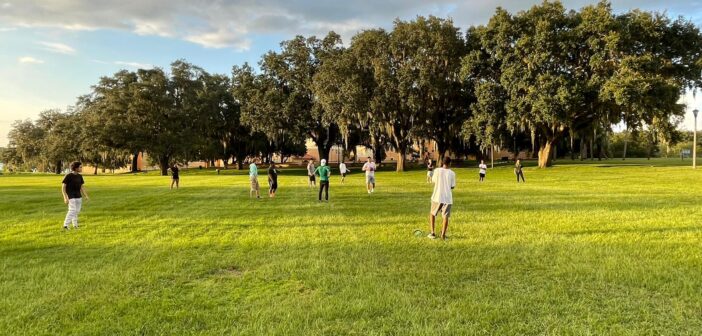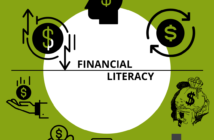By Crystal Smith, Managing Editor
For college students, spring break is frequently a highly anticipated period that provides an escape from the demands of the classroom and an opportunity to rejuvenate.
For many students, picking up their academics again after this break might be difficult. Their
ability to function well may be hampered by the return to academic routines and possible disturbances in motivation and focus.
Colleges should think about putting in place instructional initiatives and support services to help students make this adjustment smoothly to solve this problem.
For starters, a few problems that most students have experienced after spring break includes but are not limited to time management problems, academic pressure, mental distress, and loss of momentum.
“After every spring break since I’ve been in university, I normally feel run down or stressed by the idea of jumping back into school and all the academic stress that comes along with it,” said Judeah Moss a junior majoring in business economics.
Acknowledging the difficulties students encounter during this period of transition, universities should make it a priority to offer assistance programs that make a seamless return to the classroom.
A few reasons why universities should make it a priority to offer support services include improved academic performances, student satisfaction, mental health, and wellbeing.
Post-spring break support programs are one major way that universities can assist students in maintaining or enhancing their academic performance. By offering support and resources at this crucial time, professors can keep students from falling behind on their assignments.
Likewise, colleges that place a high priority on student support services show that they care about the success and well-being of their students. Greater levels of happiness and engagement follow because of this encouraging a supportive and pleasant campus culture where students feel appreciated and supported.
It also pertains to improved mental health and wellbeing. Transitioning back to the likeness of academics after a break can be emotionally strenuous for students.
Access to counseling services, support groups, or workshops focused on stress management can help students cope with any mental and emotional challenges that they may encounter.
A few workshops that can be implemented to assist with this include stress management workshops, academic tutoring/assisting workshops or even workshops that highlight the importance of time management.
“Since I’ve been here at the university, I’ve dedicated a day throughout every break that I use to get myself organized and ready to tackle the remainder of my semester,” said Raygan Nairn, a junior majoring in business marketing.
After spring break, returning to the classroom poses special challenges for college students, but it also creates an opportunity for universities to offer focused support services that encourage student achievement.
“I think that the university should definitely implement support services for students that haven’t mastered the art of transitioning back to the reality of school after spring break,” said Nairn.
Colleges can establish an atmosphere where students feel empowered to succeed academically, emotionally, and socially by putting in place instructional programs and support services designed to assist students in navigating this shift successfully.
After all, funding post-spring break support programs is an investment in students’ performance and well-being, which enhances the college community as a whole!





